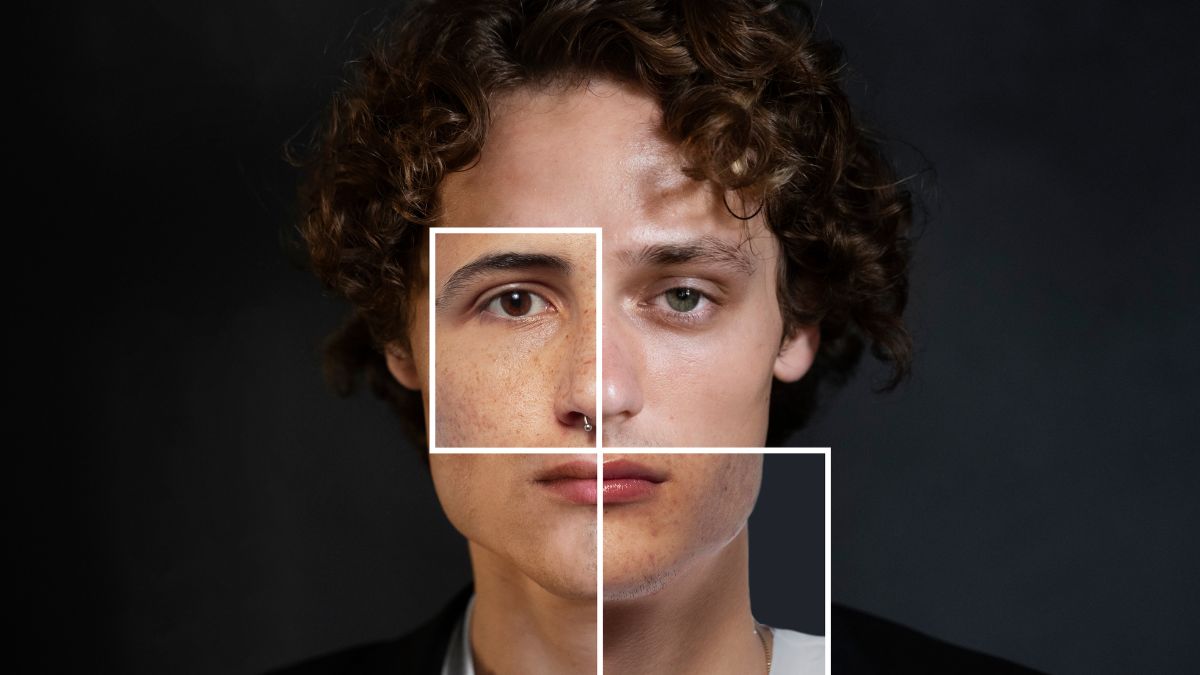Face blindness: Neurological disorder triggered by COVID; What is it?
Some individuals with long COVID exposure are facing trouble while identifying people, including their loved ones. Reports suggest people can develop face blindness due to long COVID.

According to a new study, long-term Covid-19 infection may lead to a condition called prosopagnosia, also known as "face blindness". This condition can cause individuals to have difficulty recognizing even their own family members and close acquaintances.
What is prosopagnosia or face blindness?
Prosopagnosia, also known as face blindness, is a neurological condition that impairs a person's ability to recognize and distinguish between faces. Individuals with this disorder may struggle to recognize familiar faces, such as those of family and friends, and may also have difficulty differentiating between unknown faces.
Long Covid refers to the continuation of symptoms beyond 4-6 weeks after a person has recovered from Covid-19. A recent study, published in the journal Cortex, reported a case of a 28-year-old woman named Annie who developed face blindness following Covid-19 infection in 2020. Before catching the virus, Annie did not have any issues with facial recognition.
She reported that two months after being infected, she had difficulty recognizing even her closest family members. At a restaurant, she passed her father without recognizing him, hearing his voice from a stranger's face.
To examine the effects of long Covid on cognitive function, researchers collected survey data from 54 individuals who had experienced long Covid symptoms, including Annie. The majority of respondents reported experiencing difficulties with visual recognition and navigation abilities.
Annie specifically mentioned experiencing "navigational deficits" after contracting Covid-19, which made it difficult for her to navigate through a grocery store, locate her parked car, and recall directions to places she had recently visited.
Is there any treatment for face blindness?
To date, there is no proper cure for this condition. However, below listed are some useful things one can do to deal with it:
1. Ask people you're close to for help when identifying others
2. Use people's voices or body language to identify them
3. Note some of the distinct features about a person such as jewellery, hairstyle, or accessories
4. keep track of your colleagues and their seating arrangements at your workplace.